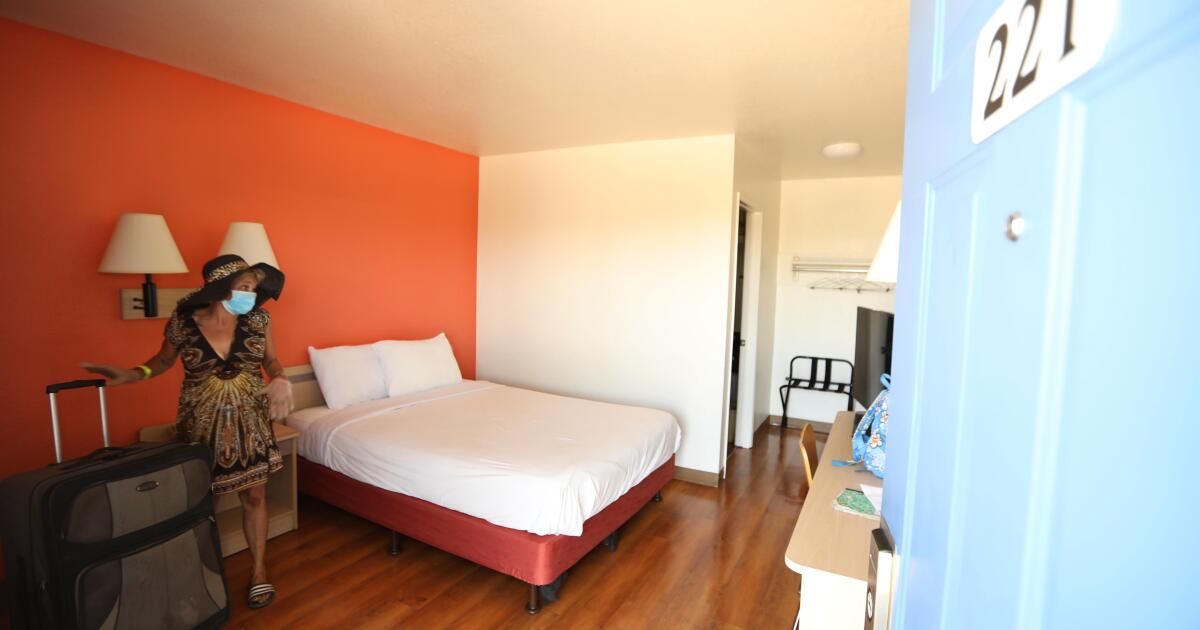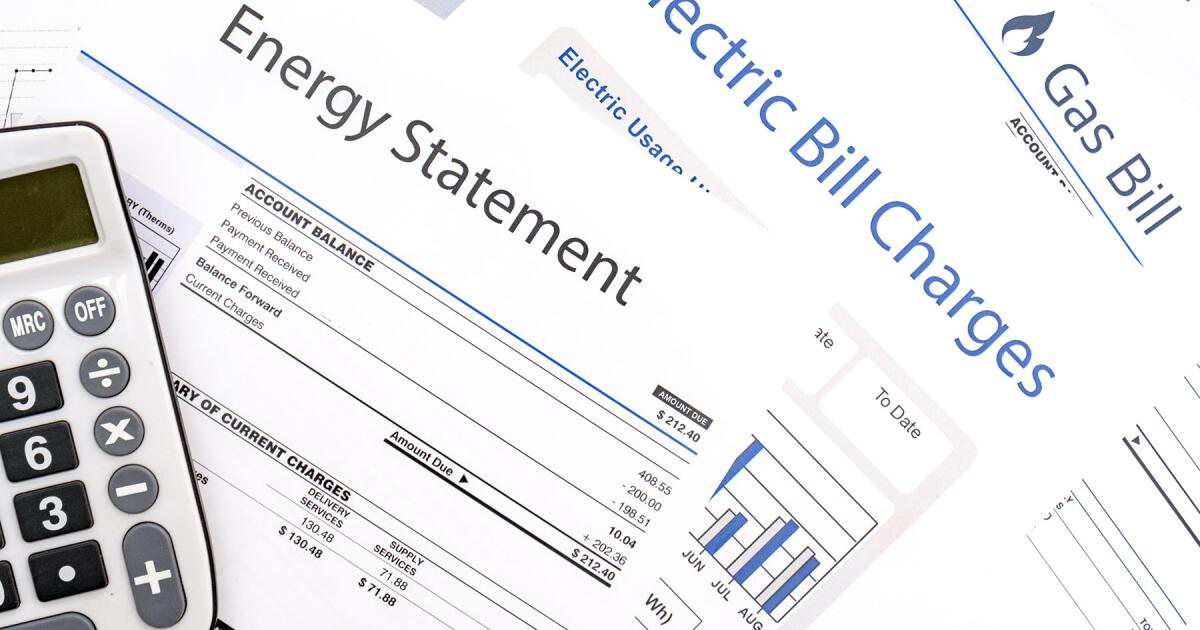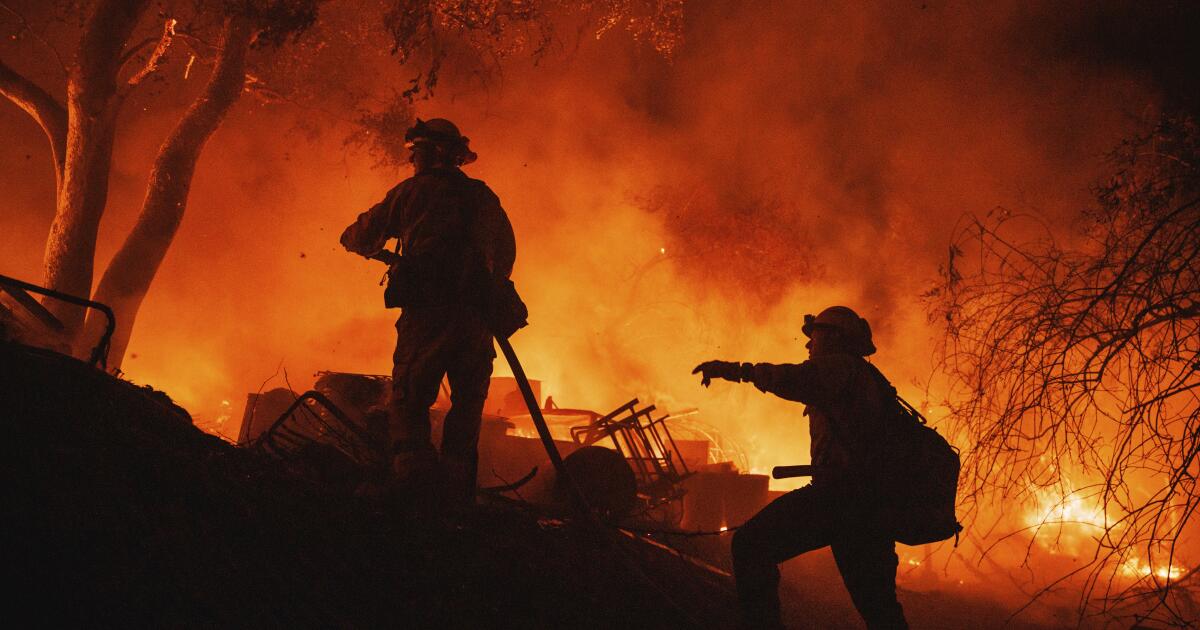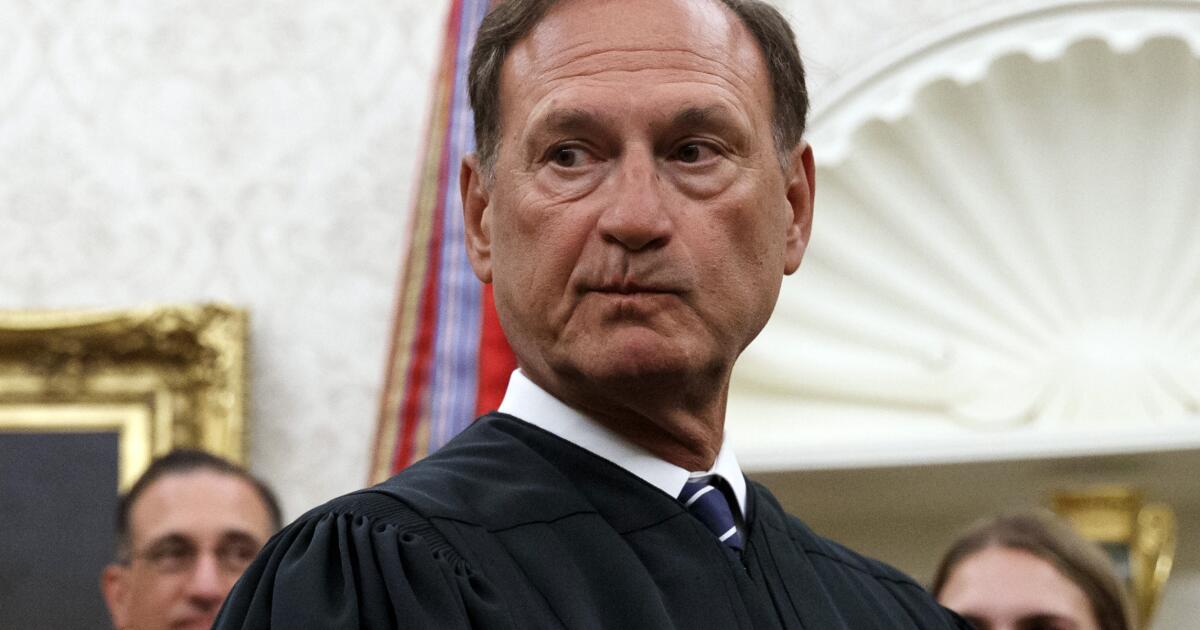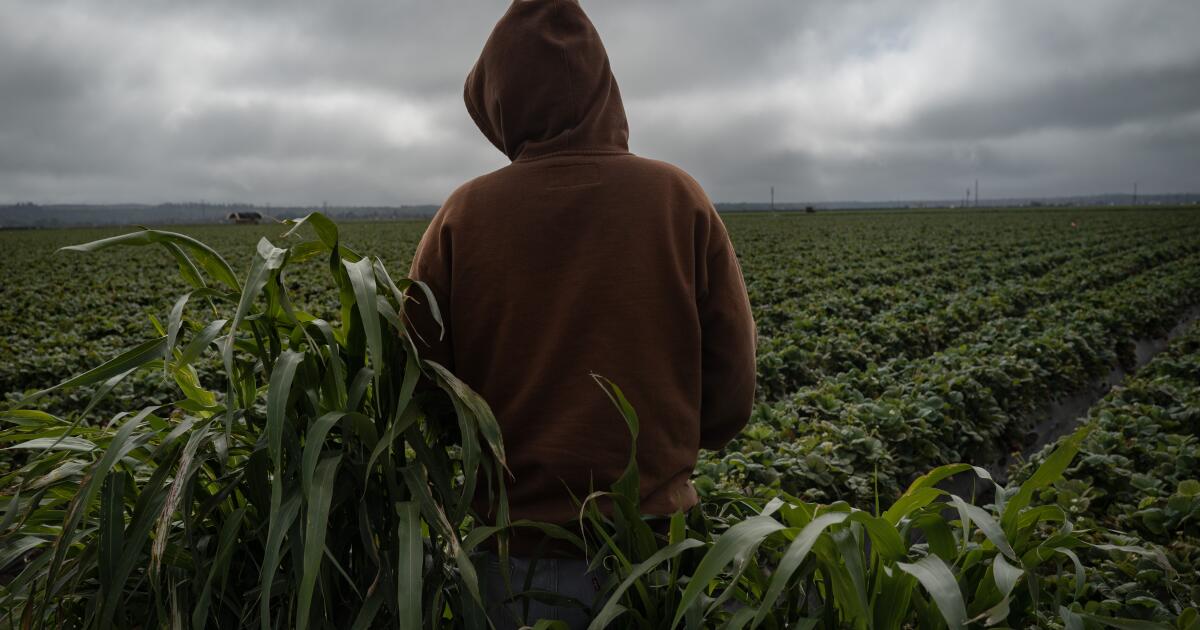When the pandemic began in early 2020, no one seemed more vulnerable than people without permanent shelter. At the time, public health experts warned that thousands of homeless people in California could be hospitalized or die from the highly contagious new coronavirus.
Project Roomkey was launched by state officials in April 2020 to protect homeless people considered high risk (due to being over 65 or medically fragile) by taking them off the streets and placing them in empty motel and hotel rooms. This massive operation to provide safe shelter to tens of thousands of people would not have happened without the Federal Emergency Management Agency's commitment to reimburse cities, counties and the state for the millions they spent on rent, food and transportation providers. services to manage hotels. and motels.
But now, years later, the agency will not pay the full portion promised, forcing state and local governments to pay millions of dollars they cannot afford to lose.
The initial 75% refund rate was increased in January 2021 by the Biden administration to 100%, and was made retroactive.
Now, as FEMA officials pore over reimbursement requests, they have decided to change the rules, long after Roomkey ceased operations. Although FEMA will reimburse rooms rented through June 2021 for any length of stay, it will only reimburse up to 20 days of a stay between June 11, 2021 and May 11, 2023.
This was news to city and state leaders who say they didn't find out about the lower reimbursement rate until recently. “It was basically a midstream policy change after many of these programs had been running for over a year,” said Brian Ferguson, spokesman for the California Governor's Office of Emergency Services.
That is inconceivable. The cities and counties acted in good faith. Federal emergency officials should do so, too.
FEMA officials justified the change by simply aligning reimbursement levels with the Centers for Disease Control and Prevention's recommendations of 20 days of isolation and quarantine, and said local officials should have known that was always the basis. for reimbursement.
The deadline was more random, based on the fact that in June 2021 California had a lower prevalence of COVID and high vaccination rates.
However, the Roomkey rooms were not intended for the temporary isolation of homeless people with COVID, but rather as long-term shelter for those who were at high risk of contracting it and becoming seriously ill.
The stakes are very high. State and local governments could be forced to pay more than $300 million, according to state emergency services officials.
The city of Los Angeles could lose up to $60 million, or a third of what it expected from FEMA for Project Roomkey. That's the estimated cost for stays longer than 20 days at three city-run hotels after June 2021, according to Matt Szabo, the city's chief administrative officer.
The city of San Francisco stands to lose even more. According to the San Francisco City Comptroller's Office, the city has submitted $881 million in claims to FEMA for reimbursement of COVID emergency expenses. It is estimated that $114 million could be disallowed under the 20-day rule.
Los Angeles County has less at stake: only about $1 million in Roomkey spending after June 2021, according to a county official.
In Los Angeles County, 10,768 people stayed in a Roomkey room at some point between April 2020 and May 2023, according to officials with the Los Angeles Homeless Services Authority. Roomkey didn't work perfectly for all of them. Some stayed only a few days, others for months. But for many the program was an important lifeline.
As of January, there have been 389 COVID deaths among the homeless population in Los Angeles County. But what would the death toll have been if Los Angeles County and cities, like Los Angeles, had to scale back their Project Roomkey operations after June 2021 because they weren't sure if FEMA would reimburse?
California took a step forward to temporarily house homeless people on a large scale to save them from a deadly virus. FEMA should now make good on its promise to fully reimburse state expenditures for Project Roomkey.

